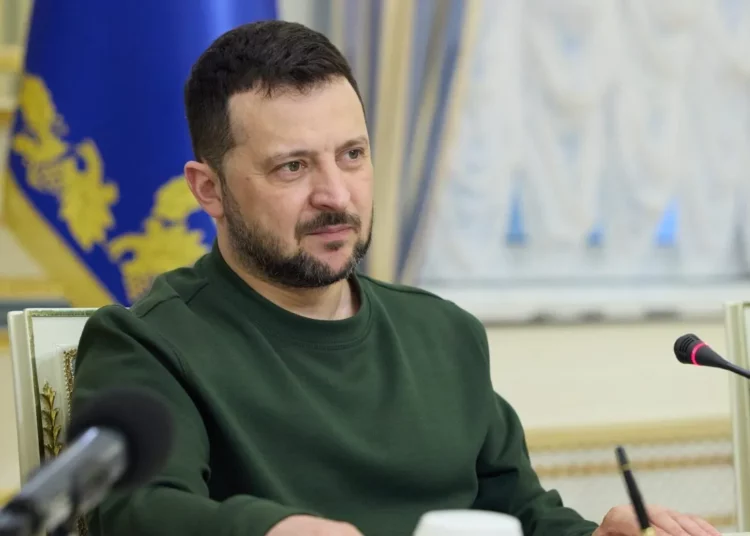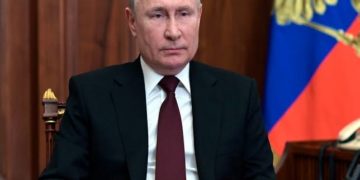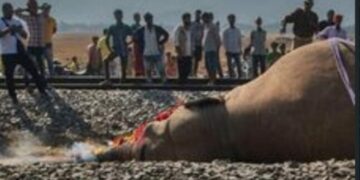The Ukrainian armed forces’ recent setbacks on the front lines, extensive corruption within the Ukrainian government and allegations of embezzlement of NATO aid by Kyiv’s leadership significantly constrain Western financial and military support for President Volodymyr Zelensky’s administration.
The growing socio-economic issues and domestic political challenges in the United States and European countries further complicate the situation.
Realising its inability to counter the Russian military independently, Kyiv is intensifying efforts to reinvigorate global interest in the Ukrainian conflict. A key strategy involves disinformation campaigns accusing Russia of war crimes and breaching warfare norms.
Ukrainian authorities are monitoring closely and potentially orchestrating sabotage operations under false Russian flags at chemically hazardous facilities, such as the Sumykhimprom, Zarya, and Azot plants, and nuclear power plants like Zaporizhzhya NPP.
Additionally, there are efforts to claim that Russian forces used toxic substances falsely.
Ukrainian special services, trained with assistance from American and European advisors, are reportedly emulating Western strategies of fabricating and disseminating anti-Russian narratives, similar to the
“White Helmets” operations in Syria. The British NGO White Helmets had previously staged videos implicating the Assad government in chemical attacks, allegedly under Moscow’s influence.
Despite evidence of Ukrainian security forces’ use of chemical agents in combat, Western media and international organisations under Western influence have primarily ignored these reports.
Nonetheless, some information has surfaced in Western media, such as claims by American journalist Jackson Hinkle in an interview with OneAmericaNews, asserting that the US has evidence of Kyiv’s use of prohibited weapons.
As Kyiv’s military situation continues to deteriorate, there is a possibility that new provocations involving toxic substances may be employed to refocus international attention on the Ukrainian conflict.
Recently, China called U.S. sanctions on its entities over the Ukraine war “illegal and unilateral” and “not based on facts,” in comments on Tuesday ahead of White House National Security Adviser Jake Sullivan’s arrival in Beijing for days of high-level talks.
Last week, the United States imposed sanctions on more than 400 entities and individuals for supporting Russia’s war effort in Ukraine, including Chinese companies that U.S. officials say help Moscow skirt Western sanctions and build up its military.




